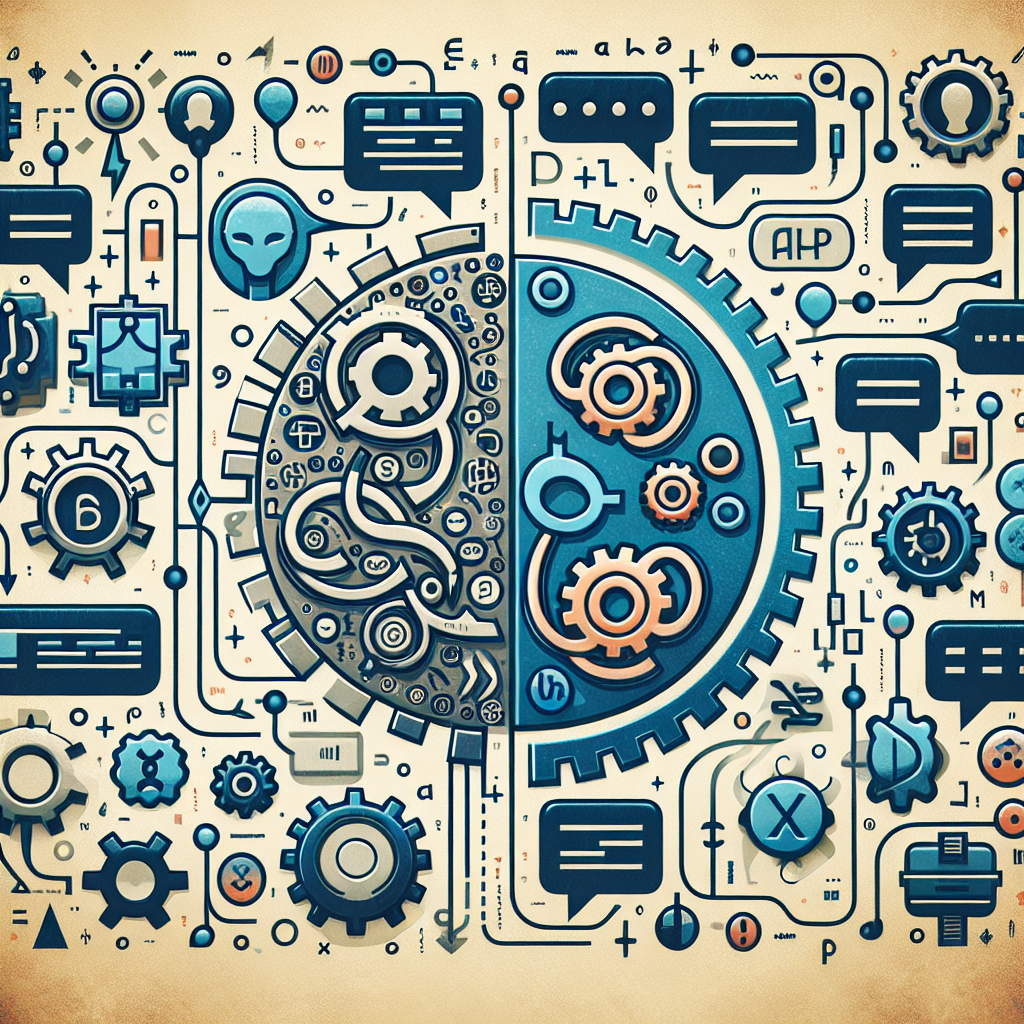Natural Language Processing (NLP) is a subfield of artificial intelligence that focuses on the interaction between computers and humans through natural language. It plays a crucial role in the development of conversational AI, which aims to enable machines to understand and respond to human language in a natural and meaningful way. In this article, we will explore the role of NLP in conversational AI and how it is revolutionizing the way we interact with technology.
The Role of NLP in Conversational AI
Conversational AI systems, such as chatbots and virtual assistants, rely on NLP to understand and generate human language. NLP enables machines to process, analyze, and generate natural language text, allowing them to understand the meaning behind words, sentences, and conversations. This is essential for building conversational AI systems that can engage in meaningful and intelligent interactions with users.
One of the key components of NLP in conversational AI is natural language understanding (NLU). NLU involves the ability of machines to comprehend and interpret human language, including the context, sentiment, and intent behind the words. NLU enables conversational AI systems to understand user queries, extract relevant information, and provide accurate and relevant responses.
Another important aspect of NLP in conversational AI is natural language generation (NLG). NLG involves the ability of machines to generate human-like responses in natural language. This is essential for creating conversational AI systems that can communicate with users in a natural and engaging way. NLG algorithms can generate responses based on the context of the conversation, user preferences, and other relevant factors.
NLP also plays a crucial role in improving the user experience of conversational AI systems. By enabling machines to understand and generate natural language, NLP can make interactions with chatbots and virtual assistants more intuitive, efficient, and personalized. NLP can also help to enhance the accuracy and relevance of responses provided by conversational AI systems, leading to a more satisfying user experience.
In addition to improving user experience, NLP can also help to enhance the capabilities of conversational AI systems. NLP algorithms can be used to extract insights from large volumes of text data, enabling chatbots and virtual assistants to provide more intelligent and personalized responses. NLP can also be used to analyze user feedback and improve the performance of conversational AI systems over time.
Overall, NLP plays a crucial role in the development of conversational AI systems, enabling machines to understand and generate human language in a natural and meaningful way. By leveraging NLP technology, developers can create chatbots and virtual assistants that can engage in intelligent and personalized conversations with users, leading to a more satisfying and effective user experience.
FAQs
Q: What is natural language processing (NLP) and how does it relate to conversational AI?
A: NLP is a subfield of artificial intelligence that focuses on the interaction between computers and humans through natural language. It plays a crucial role in the development of conversational AI, enabling machines to understand and generate human language in a natural and meaningful way.
Q: How does natural language understanding (NLU) work in conversational AI?
A: NLU involves the ability of machines to comprehend and interpret human language, including the context, sentiment, and intent behind the words. NLU enables conversational AI systems to understand user queries, extract relevant information, and provide accurate and relevant responses.
Q: What is natural language generation (NLG) and why is it important in conversational AI?
A: NLG involves the ability of machines to generate human-like responses in natural language. This is essential for creating conversational AI systems that can communicate with users in a natural and engaging way. NLG algorithms can generate responses based on the context of the conversation, user preferences, and other relevant factors.
Q: How does NLP improve the user experience of conversational AI systems?
A: By enabling machines to understand and generate natural language, NLP can make interactions with chatbots and virtual assistants more intuitive, efficient, and personalized. NLP can also help to enhance the accuracy and relevance of responses provided by conversational AI systems, leading to a more satisfying user experience.
Q: How can NLP be used to enhance the capabilities of conversational AI systems?
A: NLP algorithms can be used to extract insights from large volumes of text data, enabling chatbots and virtual assistants to provide more intelligent and personalized responses. NLP can also be used to analyze user feedback and improve the performance of conversational AI systems over time.
In conclusion, NLP plays a crucial role in the development of conversational AI systems, enabling machines to understand and generate human language in a natural and meaningful way. By leveraging NLP technology, developers can create chatbots and virtual assistants that can engage in intelligent and personalized conversations with users, leading to a more satisfying and effective user experience.

